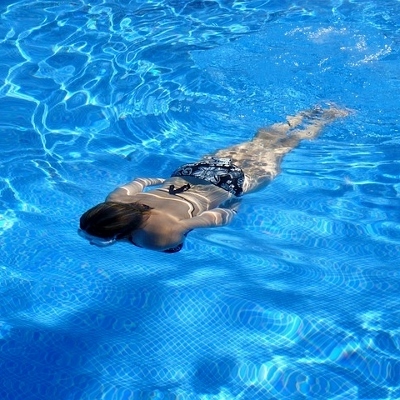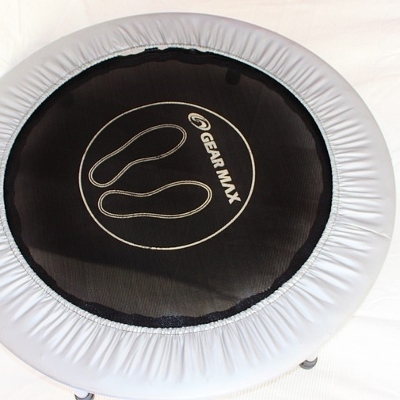 Vitamins are crucial for every day activities, but if  you are exercising regularly, it is even more important to pay attention to your vitamin intake. Vitamins will not provide you with energy for you and your workouts; however, what vitamins can do is improve your ability to turn food into energy.
Vitamins are crucial for every day activities, but if  you are exercising regularly, it is even more important to pay attention to your vitamin intake. Vitamins will not provide you with energy for you and your workouts; however, what vitamins can do is improve your ability to turn food into energy.
According to the Academy of Nutrition and Dietetics, there actually are no specific vitamin recommendations for athletes. Research has shown that high level intensity athletes may need to increase their vitamin intake, but not necessarily go out of their way to take extra of a certain vitamin in order to perform better.
It is, however, important to know what the different vitamins do, and how they relate to a successful workout. That way, you can be sure that you are getting all of the vitamins that you truly need as an athlete, even though you should be getting these vitamins into your system in general.
Here is a short list of vitamins, and how they affect your exercise fuel.
B1:Â B1, or Thiamine, is used to break down carbohydrates and proteins. By breaking these two things down, your body can have energy for workouts! As you might have guessed, this is one of the more important vitamins for athletes. Studies have shown that taking more than the daily recommended intake does not seem to enhance performance. You can get B1 in grains and fortified cereal.
B2:Â Similar to B1 and it’s relation to energy, Riboflavin is used in energy production. It also helps with red blood cell formation. B2 can be found in almonds, wheat germ, fortified breads/cereals, milk, or yogurt.
B6:Â B6 helps with metabolic reactions such as energy and hemoglobin production. It is important to take enough B6 because being low on B6 can actually hurt your performance levels. Meat, fish, eggs, beans, seeds, oysters, and many other foods can offer B6.
B12:Â B12 can be found in seafood, meats, cheese, eggs, and fortified cereals. B12 is extremely difficult for a vegan or vegetarian to obtain, because it is naturally found in animals. If you are a vegan athlete, be sure to be taking supplements of B12. B12 helps with red blood cell formation and helps with getting oxygen to your tissues.
C:Â Vitamin C has many benefits. Specific to workouts, vitamin C helps in absorbing iron and folate. It also helps to produce the tissue that holds the bones and muscles together.
D: Vitamin D is good for bone health. Vitamin D is actually a hormone because your body makes it with enough sun exposure.
Some other vitamins to keep in mind include niacin, folate, pantothenic acid, and biotin. Niacin is important for anaerobic and aerobic performance, folate guides cell production, pantothenic acid breaks down fats, proteins, and carbohydrates, and biotin also helps with energy production.





